The new URL, where the blog will continue (there will be no new material on this site) is www.MadPhilosopher.xyz.
All of the main posts have been moved to the new site, but all of the old "daily resource suggestions" will remain here for your reference.
Carpe Veritas,
Mad Philosopher
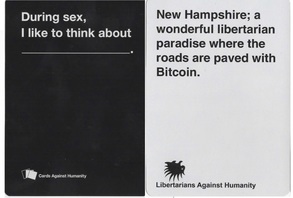
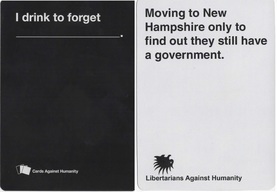
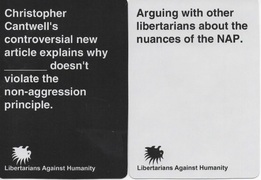
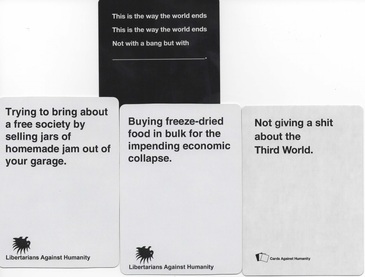
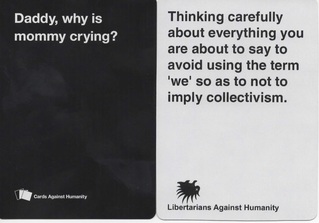
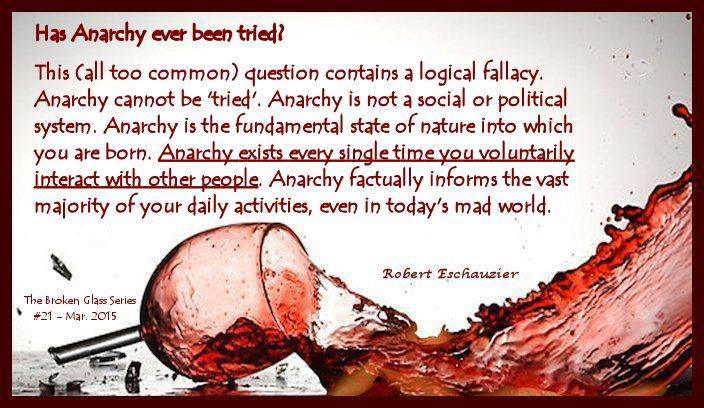


 RSS Feed
RSS Feed
